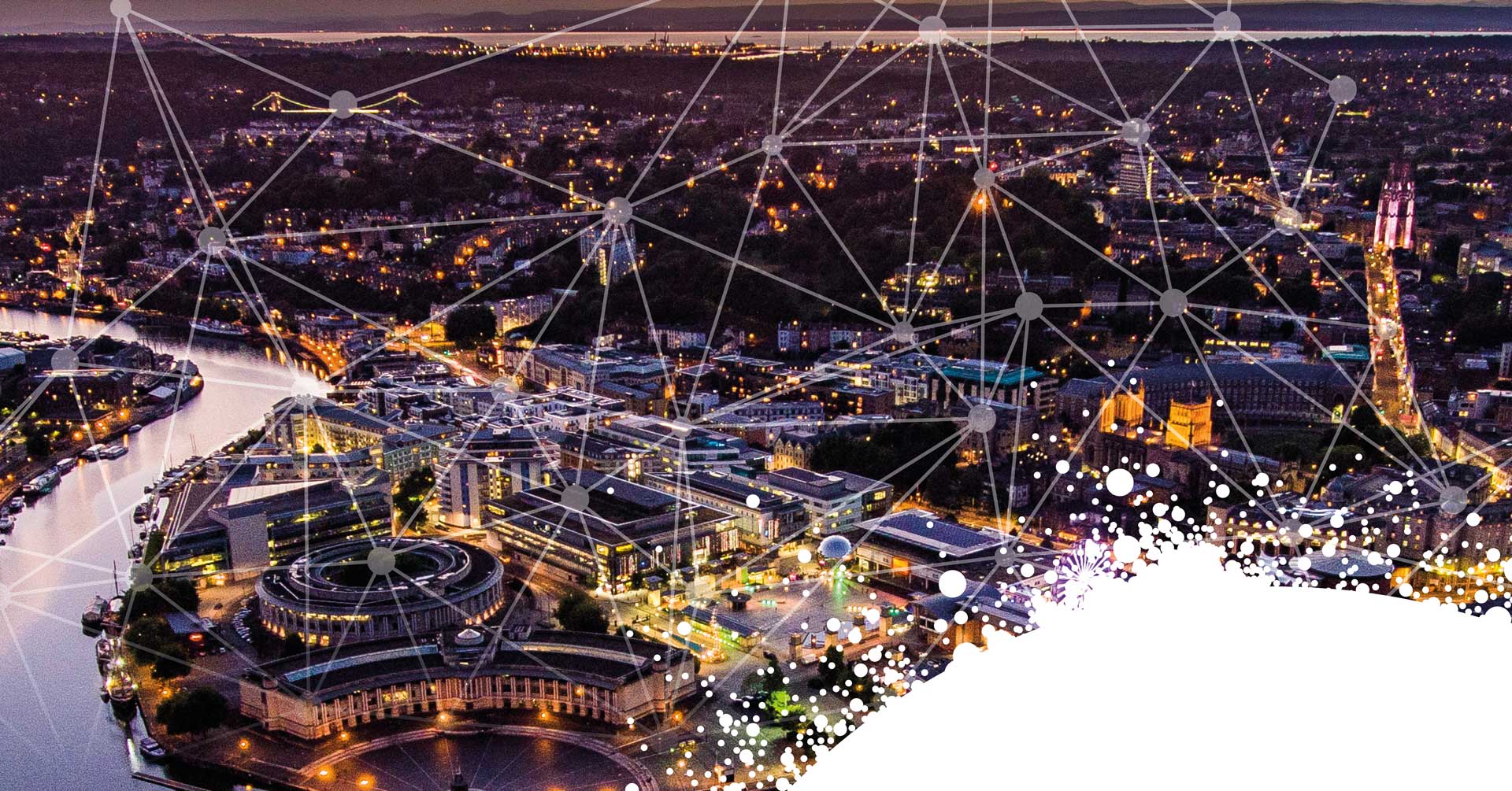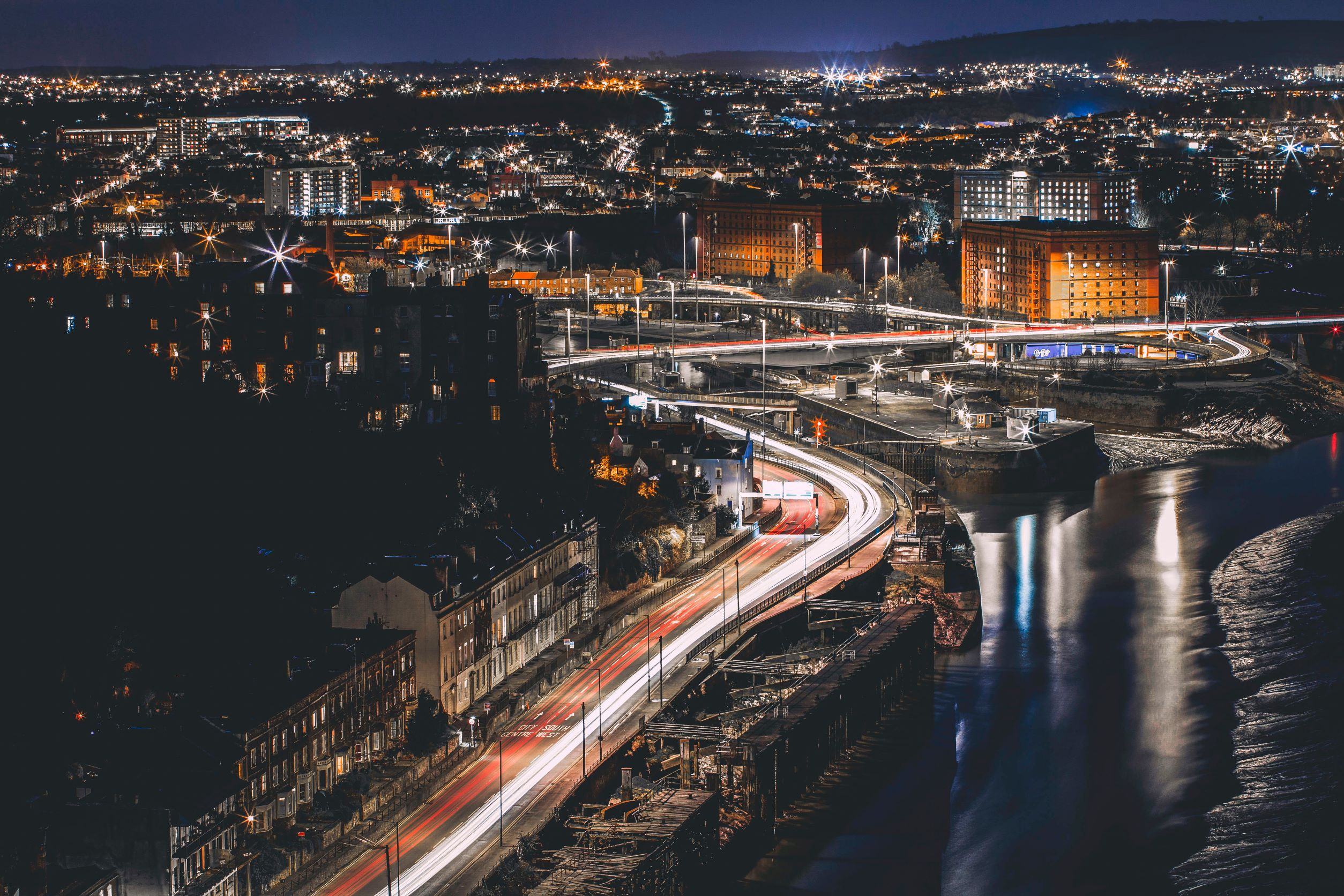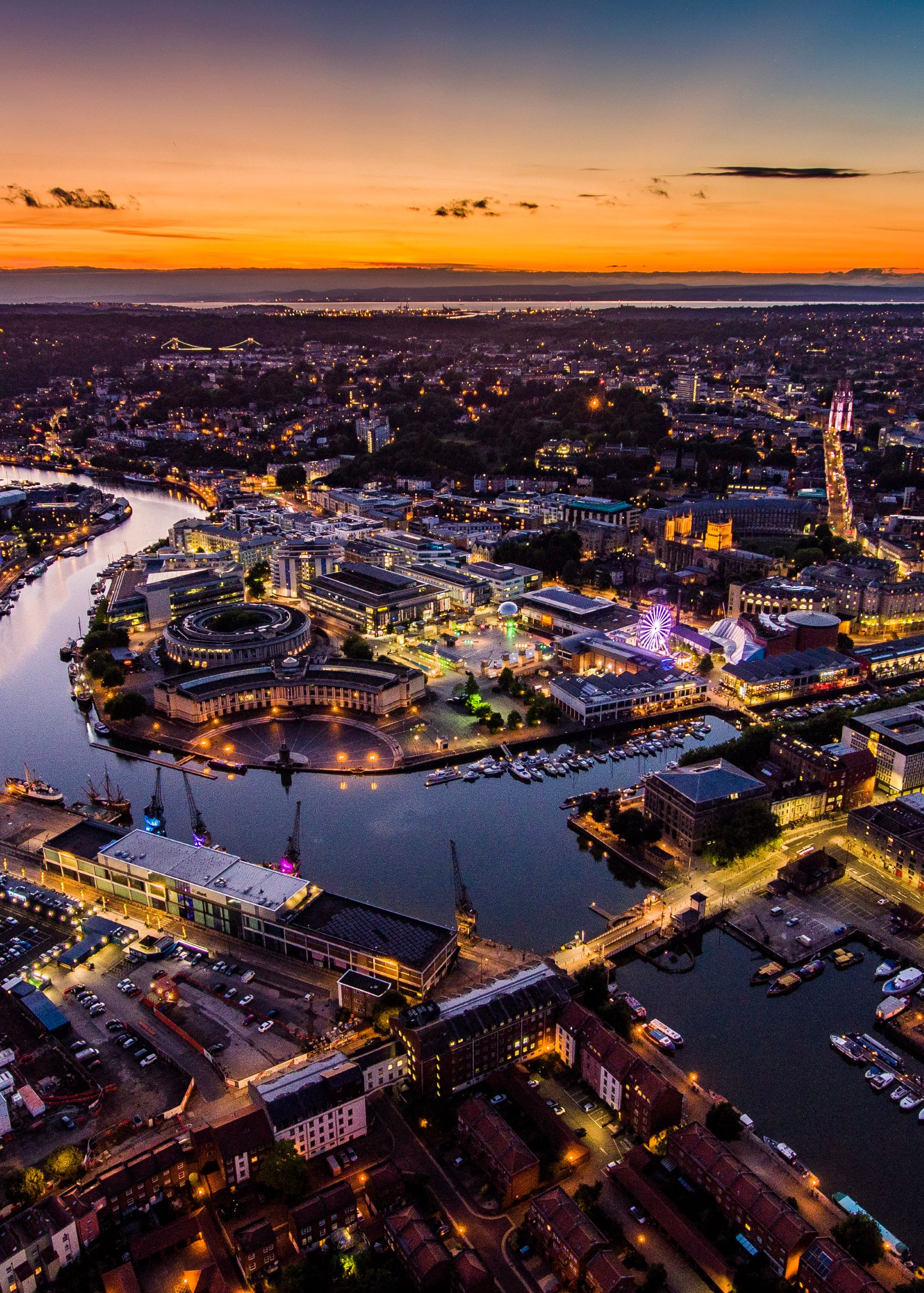BNET
Our council-owned duct and fibre network, BNET, is already the third biggest duct network in the city with 187km of its 250km in daily use.
We now want BNET to become a citywide open access network, working with communications providers, partners and investors to help Bristol achieve its 100% full fibre ambition, with all homes, businesses and development zones within 200m of the network. BNET will also serve schools, libraries and outlying public service buildings, be connected to integrated street furniture and improve links to neighbouring local authority networks.
We’re looking for a different way of delivering digital transformation, which aligns with our social, environmental and economic goals and priorities. There is an opportunity for forward-looking organisations and investors to establish a new, public-private business model that meets the challenges of the digital infrastructure needed for our smart and future city.
Strategic Alignments
Investment to address the digital divide SDG: 9.1, 10.2, 10.3, 4.4, 1.4, 17.17
Address the shifting demand for skills in key sectors SDG4.4, 4.5
Support business to diversify and be more resilient SDG: 8.3



